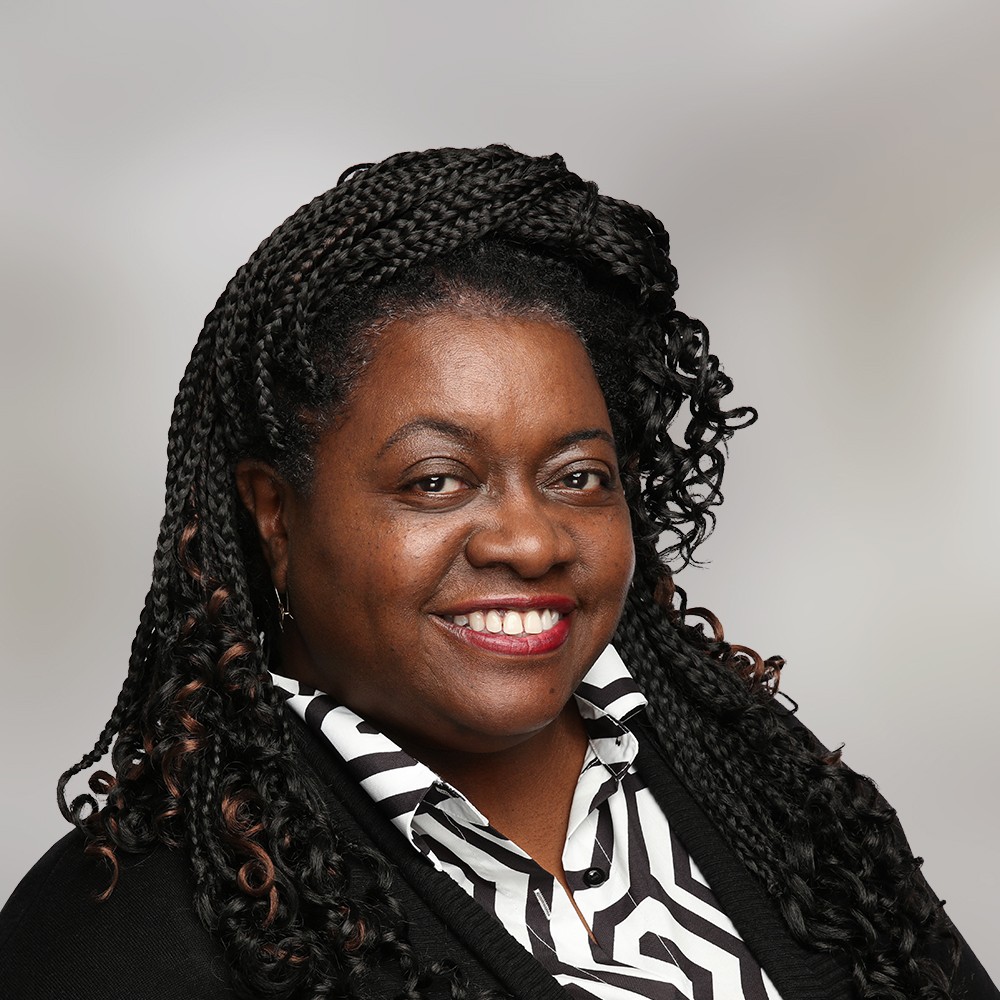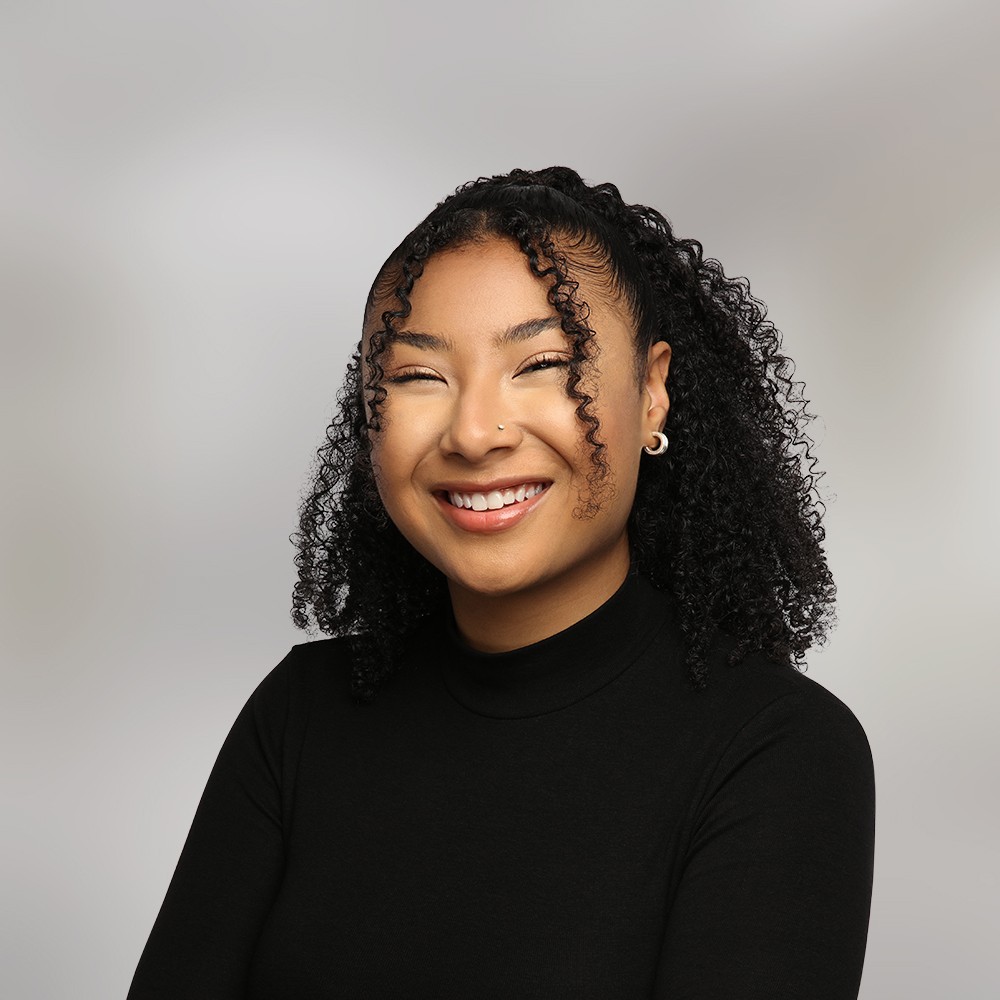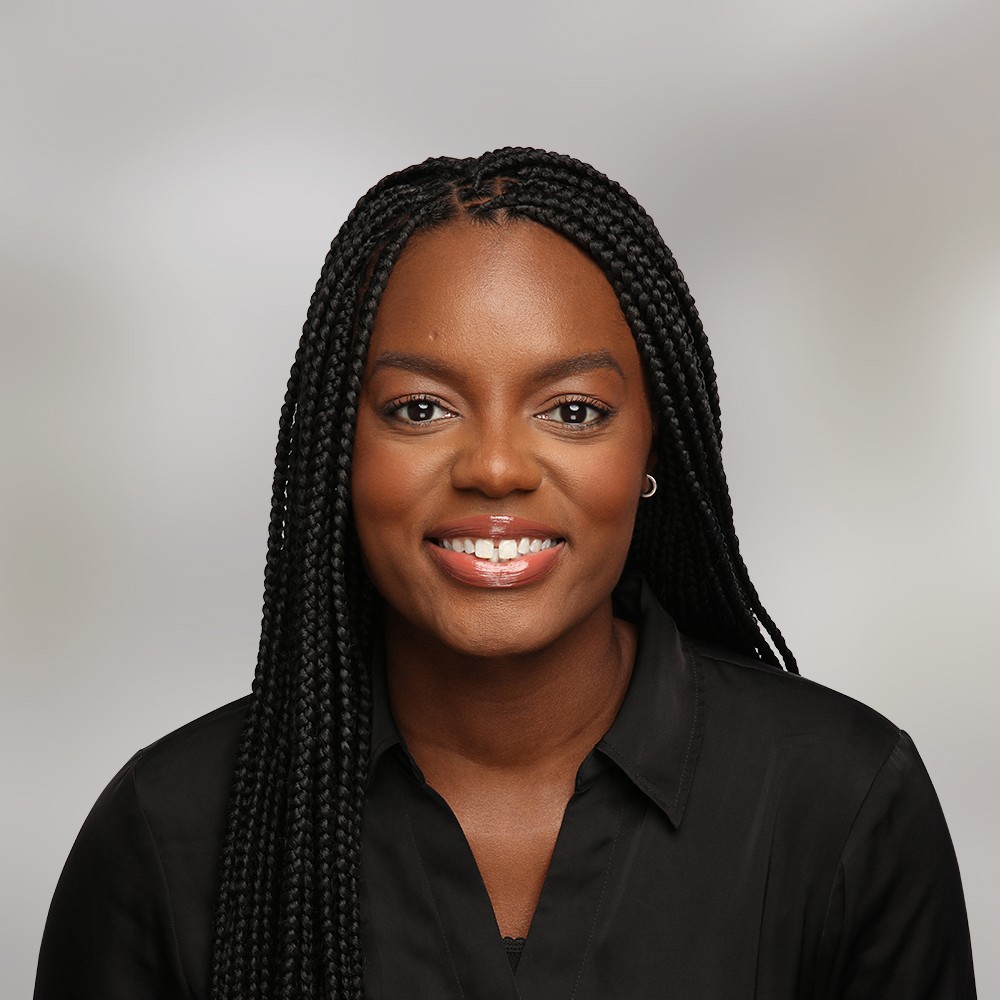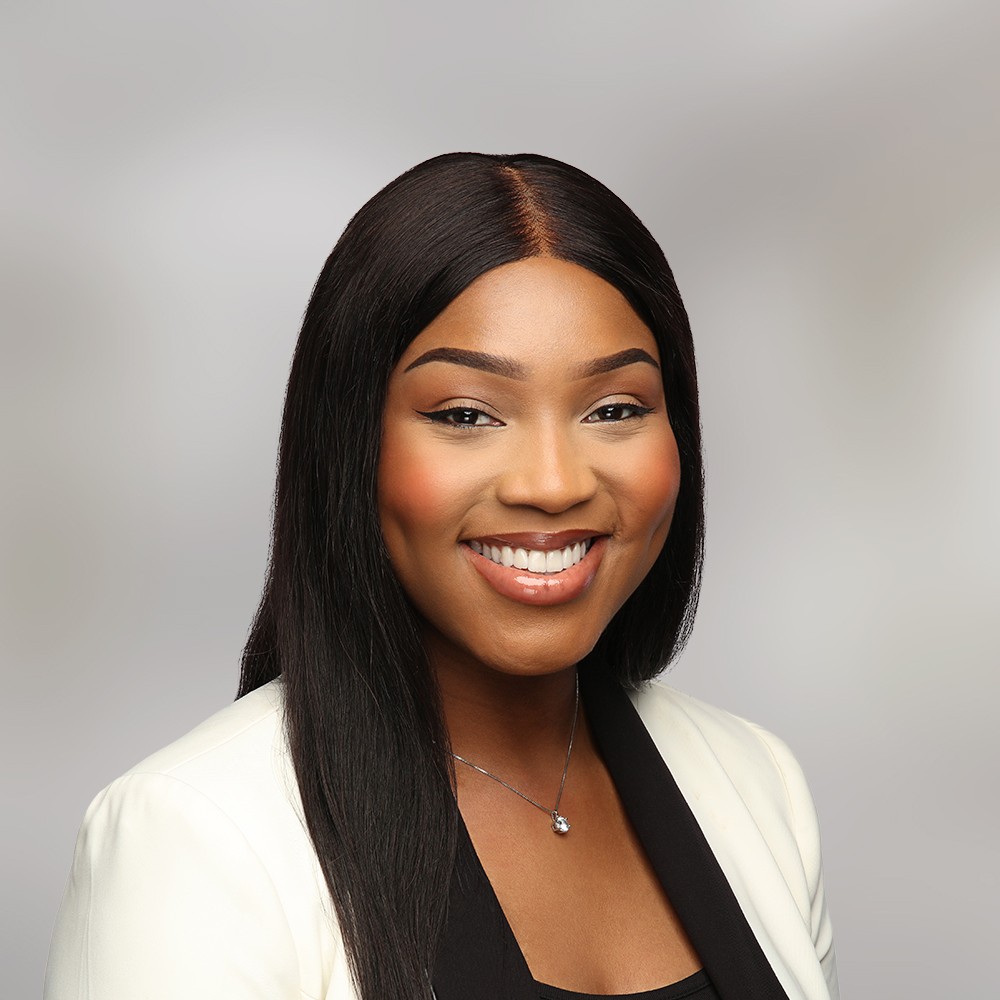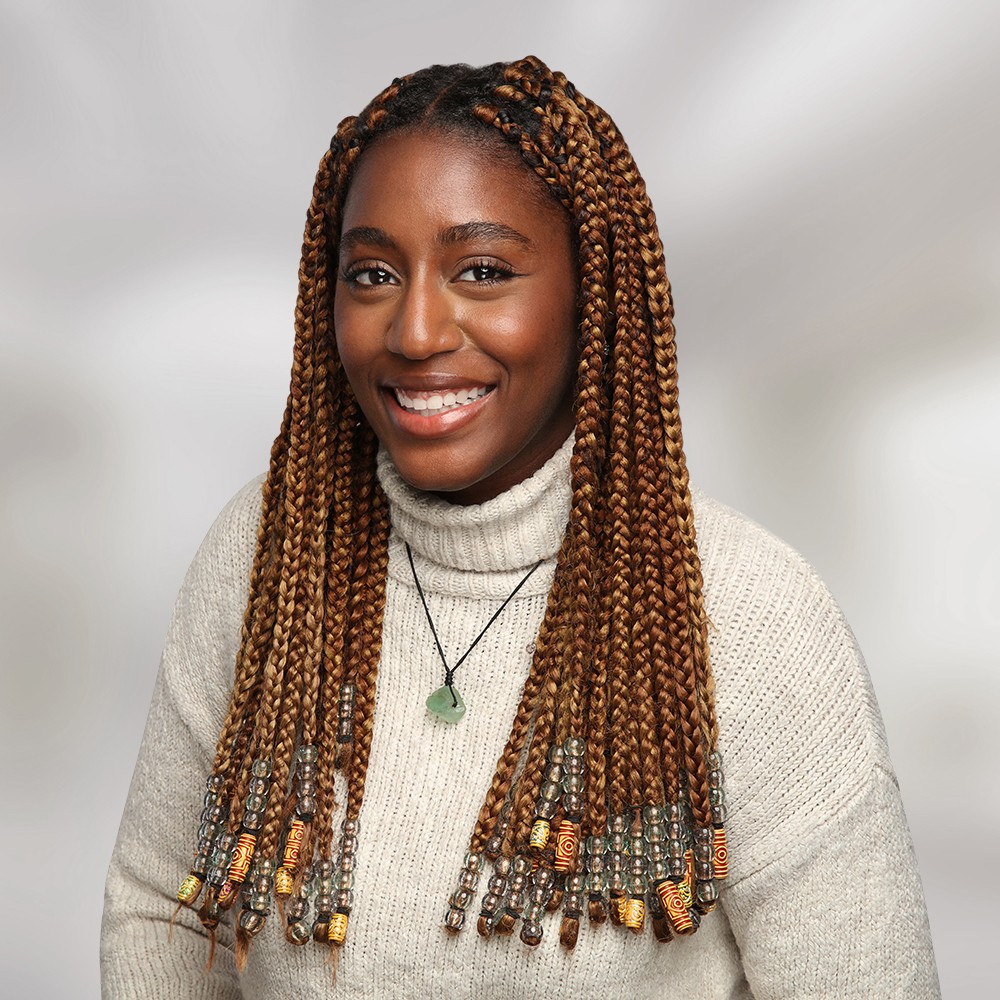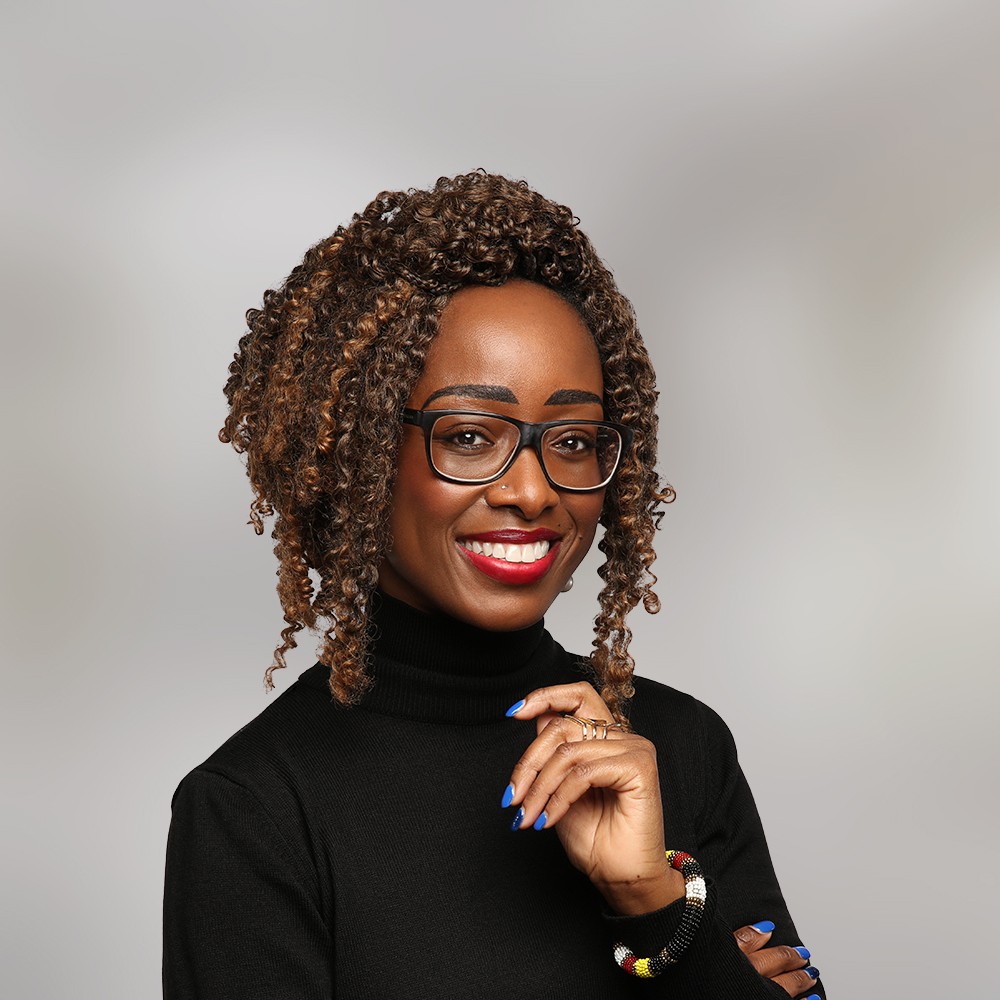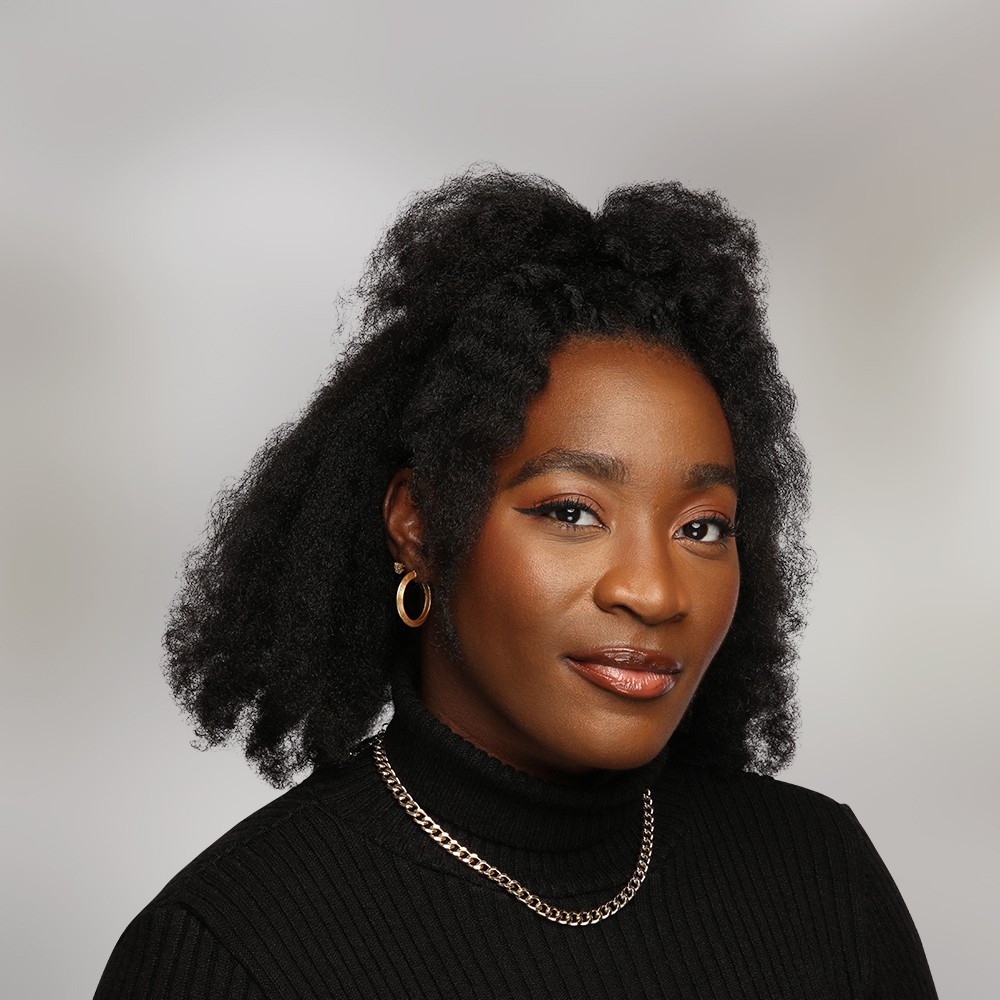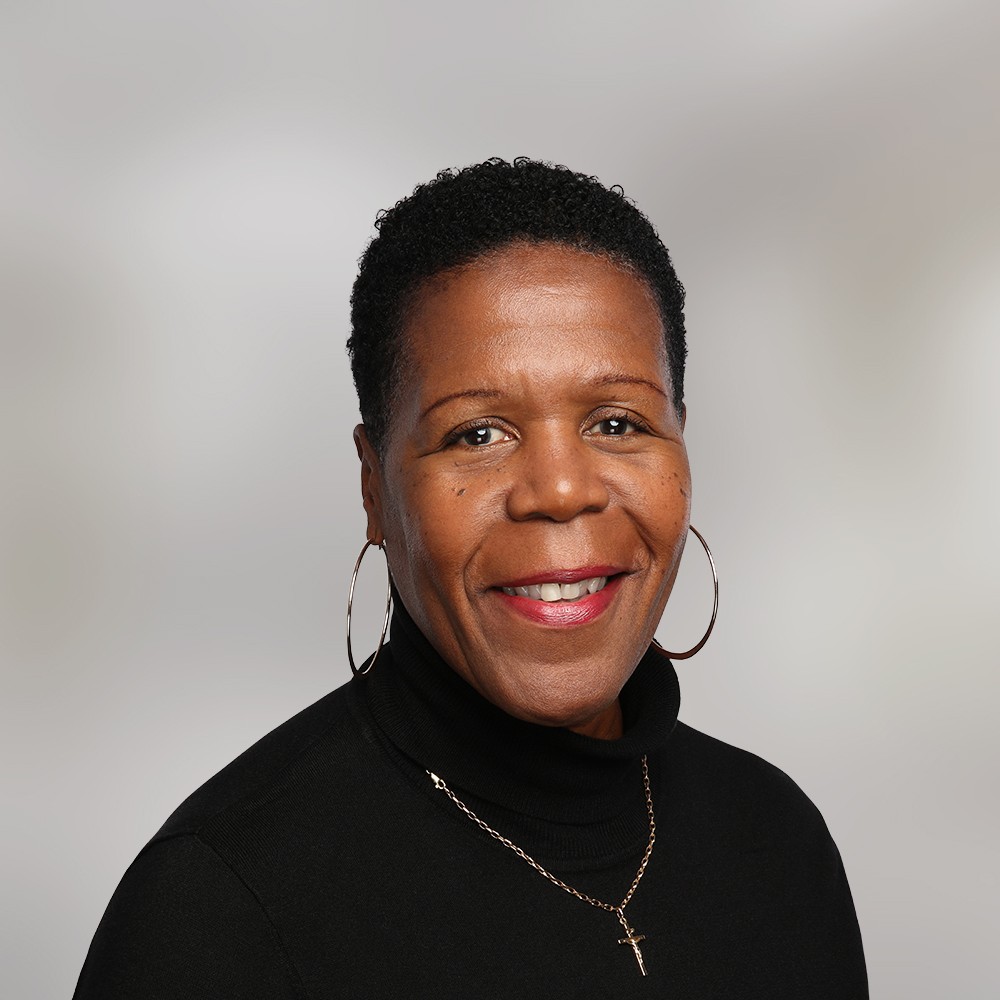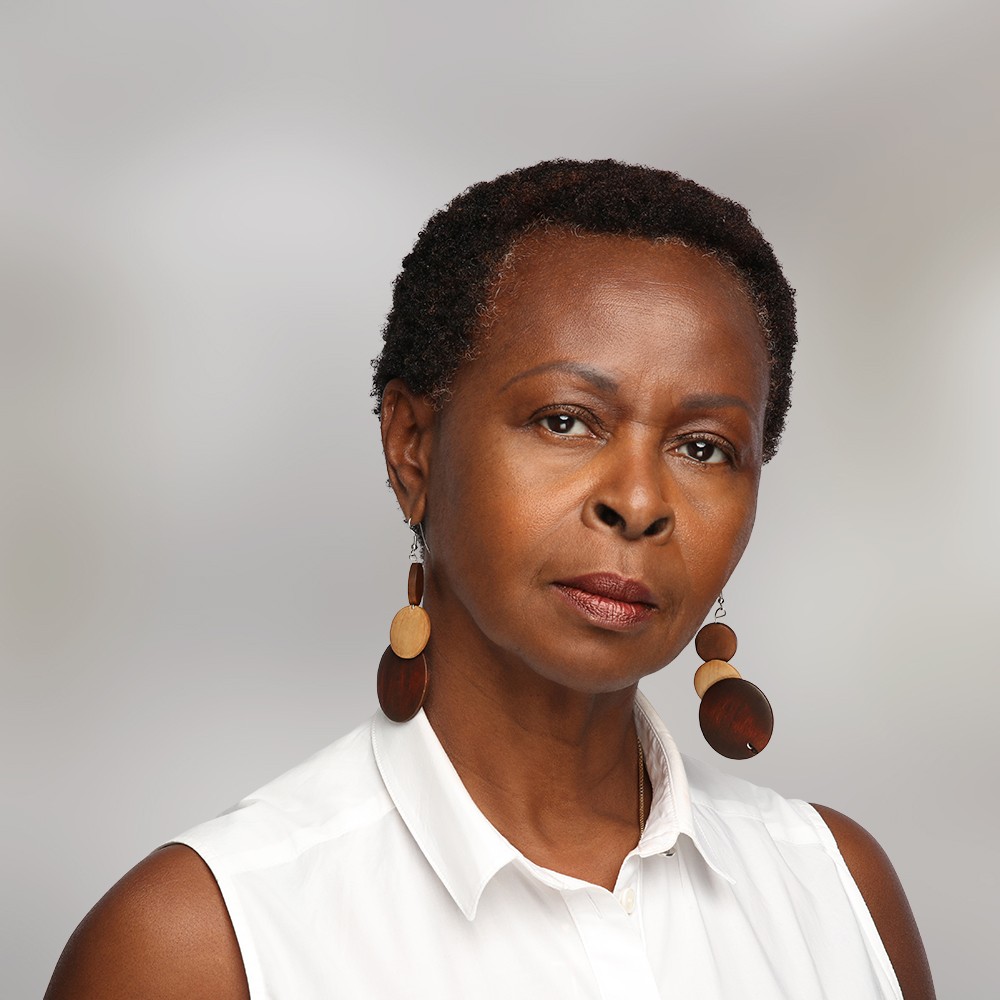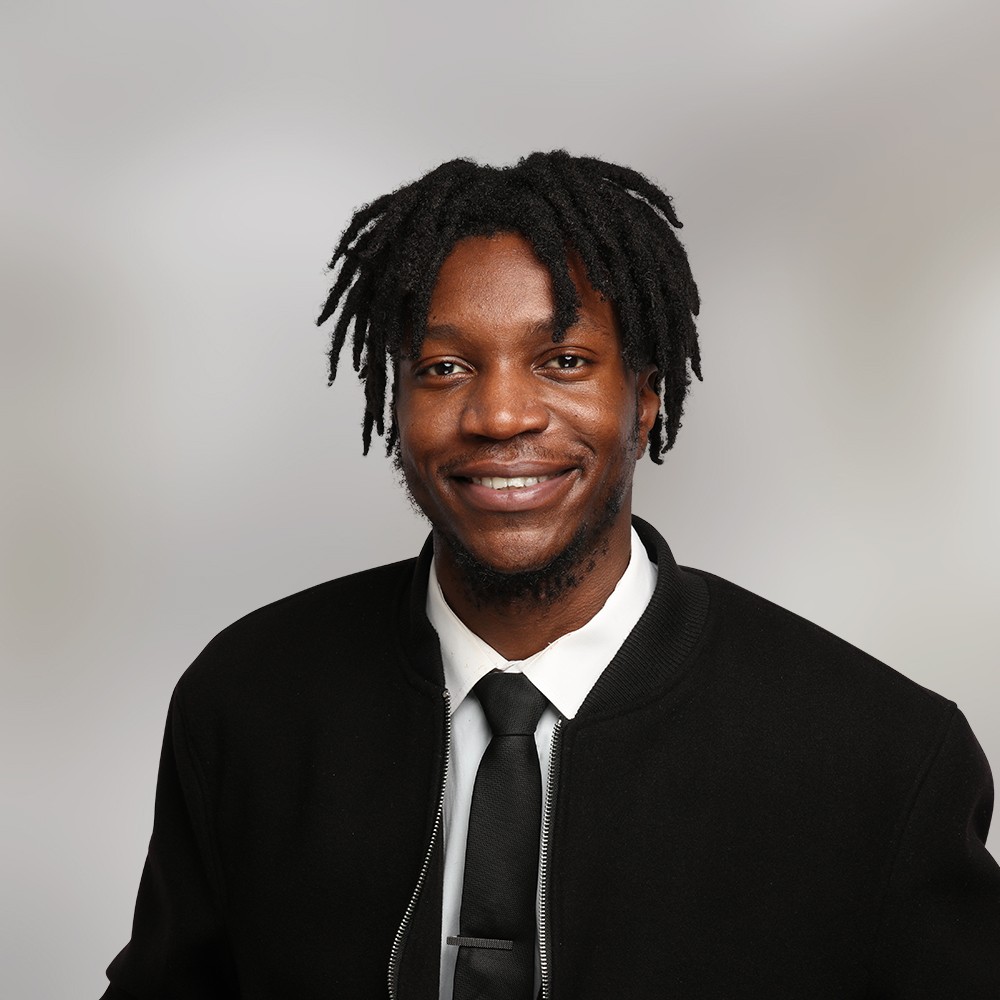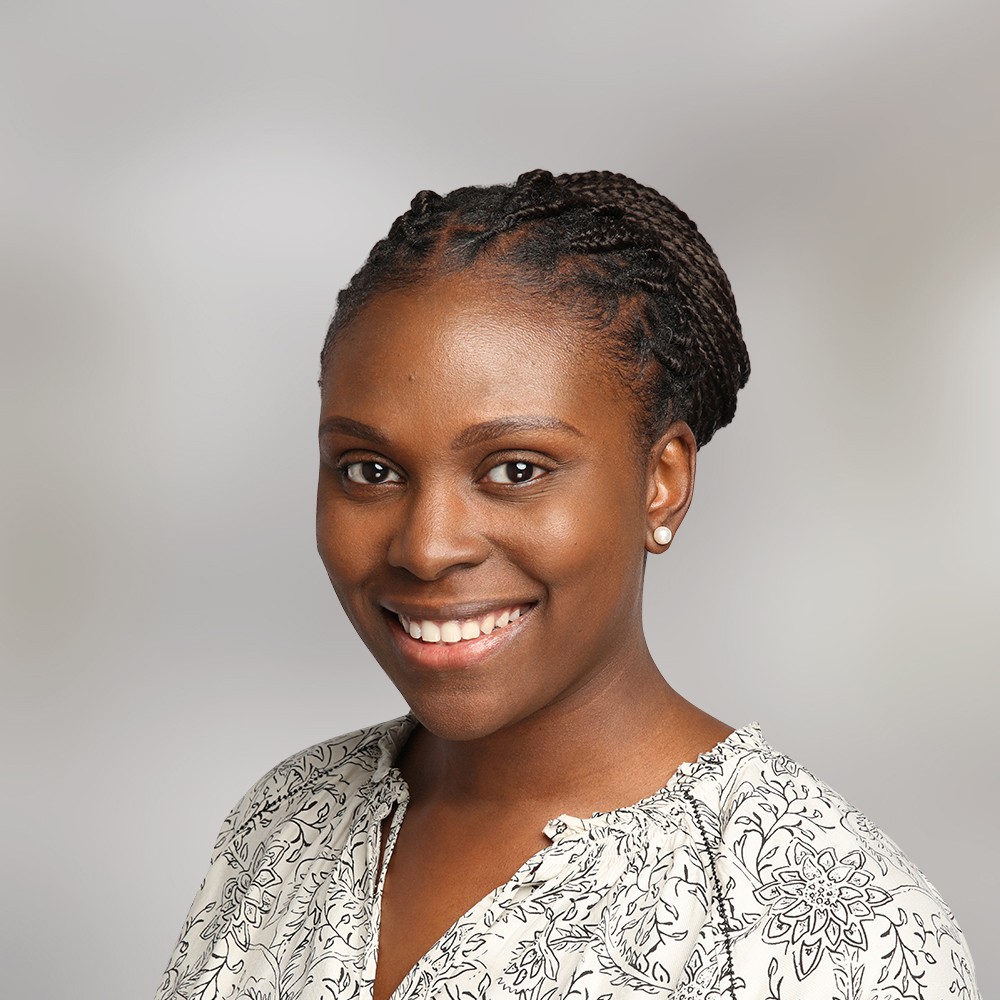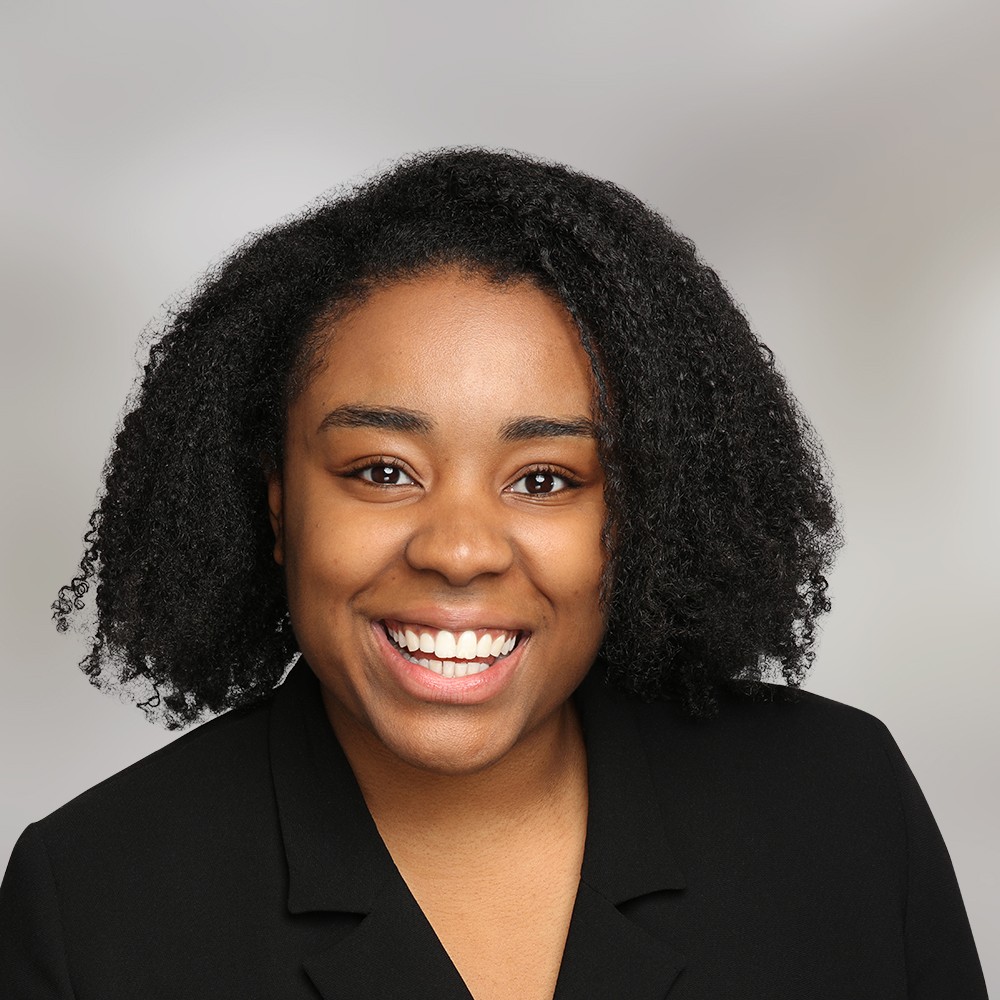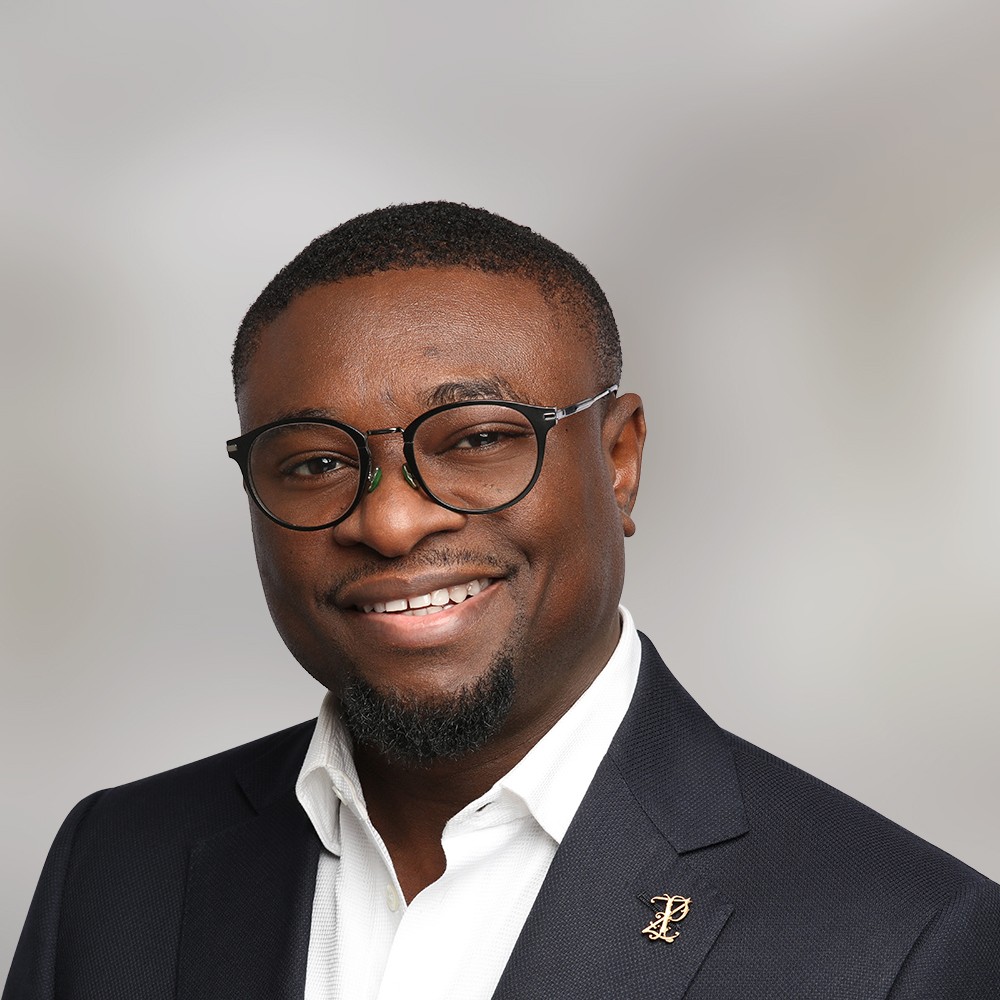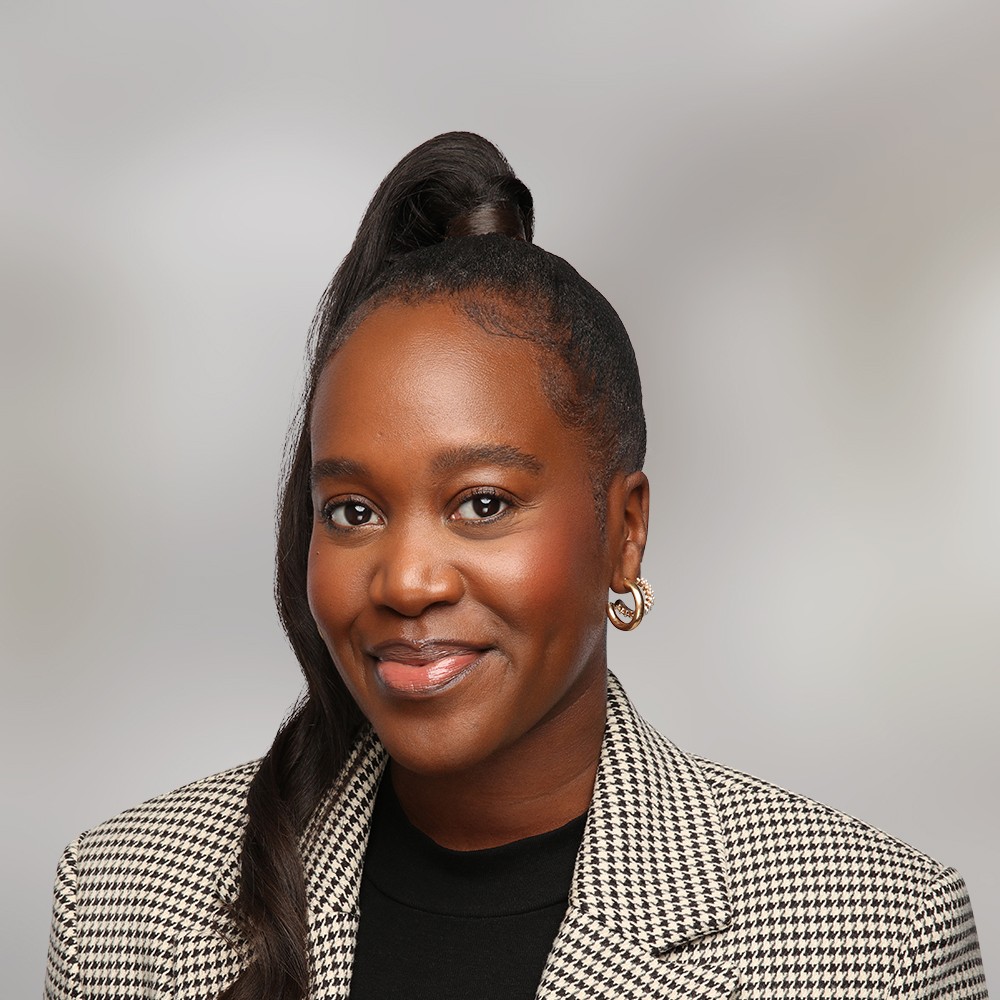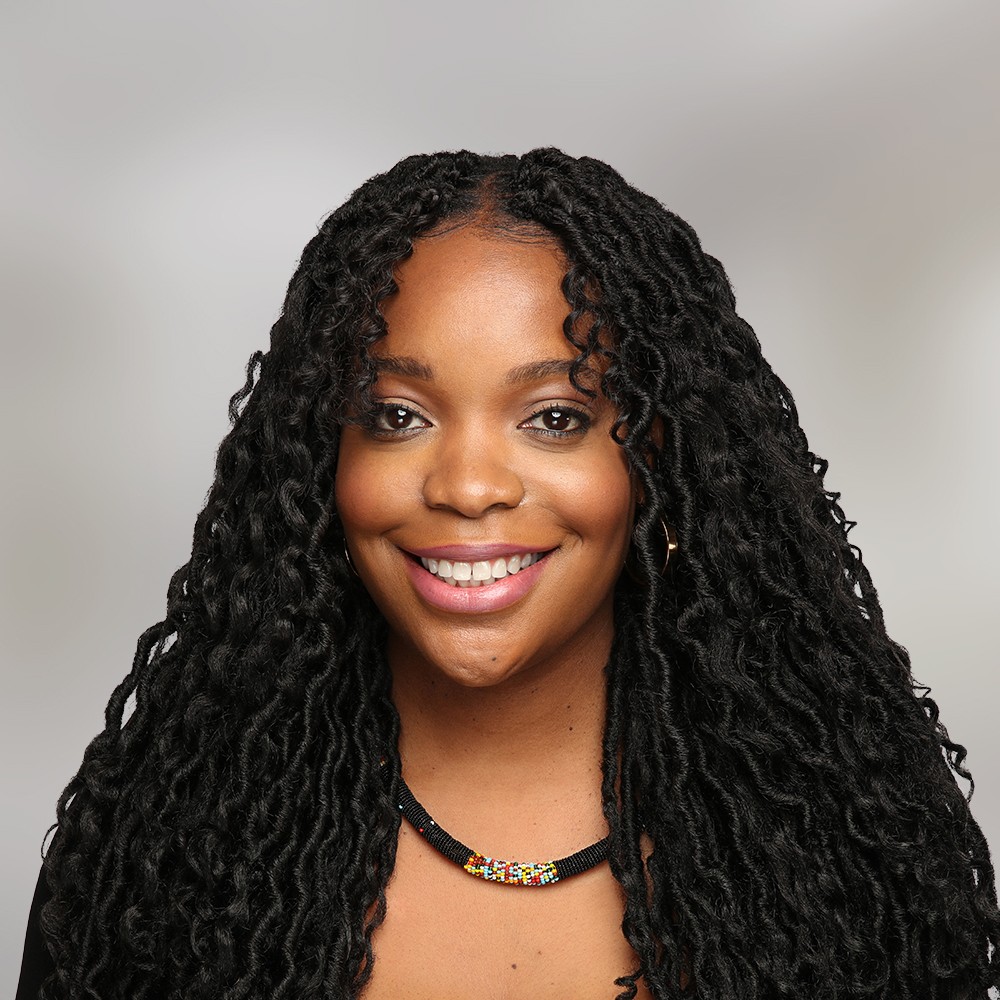
Danielle Douglas
Head of Procurement
My hair is styled in goddess faux "locs", and what distinguishes them from the standard “loc” hairstyles are the curly strands weaved loosely around the more tightly wound straight locs. I am a busy woman, so my hairstyle choices are less about cultural heritage and, quite frankly, more about ease. For example, this style looks high maintenance, but in reality, it is a breeze to install and maintain. Like my hairstyle, I am also multi-dimensional; like the straight locs, I can be wound tight, but like my curls, I am curvy and always ready to add some bounce to life!


